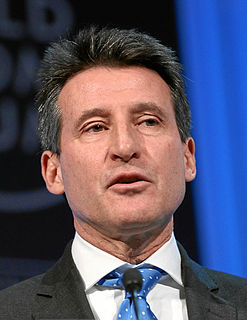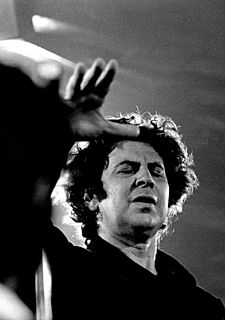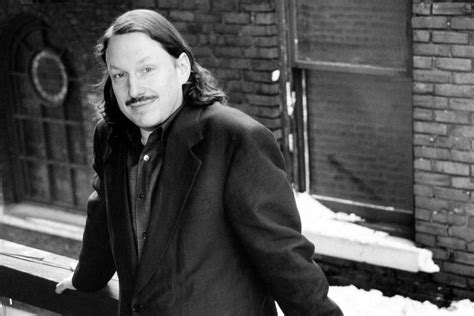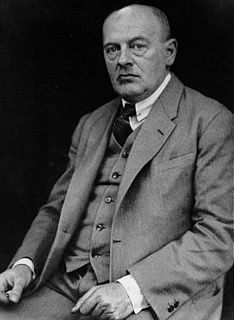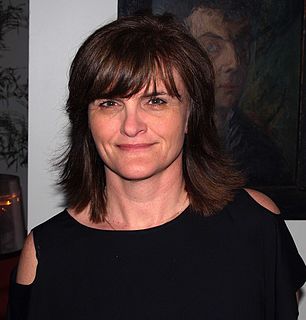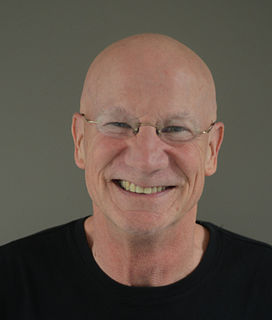Top 1200 Self Criticism Quotes & Sayings - Page 4
Explore popular Self Criticism quotes.
Last updated on April 20, 2025.
Much protective self-criticism stems from growing up around people who wouldn't or couldn't love you, and it's likely they still can't or won't. In general, however, the more you let go of the tedious delusion of your own unattractiveness, the easier it will be for others to connect with you, and the more accepted you'll feel.
If the mystical lovers of the arts, who consider all criticism dissection and all dissection destruction of enjoyment, thought logically, an exclamation like "Goodness alive!" would be the best criticism of the most deserving work of art. There are critiques which say nothing but that, only they do so more extensively.
It is a mistake to look at someone who is self assertive and say, "It's easy for her, she has good self-esteem." One of the ways you build self-esteem is by being self-assertive when it is not easy to do so. There are always times when self-assertiven ess requires courage, no matter how high your self-esteem.
Criticism will need an injection of humility that is, a recognition of its role as ancillary to the arts, needed only occasionally in a temporary capacity. Since the critic exists only for introducing and explaining, he must be readily intelligible; he has no special vocabulary: criticism is in no way a science or a system.
Common criticism of the Internet is that it is dominated by the crude, the uninformed, the immature, the smug, the untalented, the repetitious, the pathetic, the hostile, the deluded, the sefl-righteous, and the shrill. This criticism overlooks the fact that the Internet also offers - for the savvy individual who knows where to look - the tasteless and borderline insane.
When I first prepared this particular talk... I realized that my usual approach is usually critical. That is, a lot of the things that I do, that most people do, are because they hate something somebody else has done, or they hate that something hasn't been done. And I realized that informed criticism has completely been done in by the web. Because the web has produced so much uninformed criticism. It's kind of a Gresham's Law-bad money drives the good money out of circulation. Bad criticism drives good criticism out of circulation. You just can't criticize anything.
There is no reaching the Self. If Self were to be reached, it would mean that the Self is not here and now but that it is yet to be obtained. What is got afresh will also be lost. So it will be impermanent. What is not permanent is not worth striving for. So I say the Self is not reached. You are the Self; you are already That.
Speaking of Self-realizatio n is a delusion. It is only because people have been under the delusion that the non-Self is the Self and the unreal the Real that they have to be weaned out of it by the other delusion called Self-realizatio n; because actually the Self always is the Self and there is no such thing as realizing it.
This fear of criticism displayed by the advocates of freedom of criticism cannot be attributed solely to craftiness. No, the majority of the Economists look with sincere resentment upon all theoretical controversies, factional disagreements, broad political questions, plans for organising revolutionaries, etc.
It's the difference between someone who loves you more than anything in the world giving you criticism and getting it from some bitter stranger on the Internet. What my dad said to me was the kind of criticism where I was like, "Oh, my God, I'm on the wrong track." I'm so grateful to him for doing that. He was such a no-nonsense guy in that sense.












